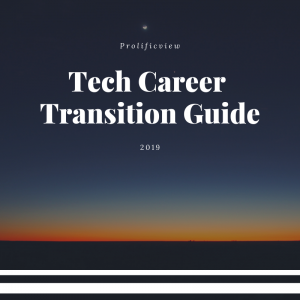The 5 ideals from the Unicorn Project Book
The Unicorn Project, written by Gene Kim, is a novel that explores the world of technology and the challenges that organizations face when trying to implement digital transformation initiatives. The book focuses on the journey of a fictional company called Parts Unlimited as it undergoes a transformation, and highlights five ideals that are crucial for success in such a process.
Locality and Simplicity
The first ideal of the Unicorn Project is Locality and Simplicity. This ideal focuses on making sure that each team has a clear understanding of what they are responsible for and how their work fits into the bigger picture. By breaking down complex projects into smaller, manageable pieces, teams are better able to collaborate and stay aligned with the company’s goals. This ideal emphasizes the importance of keeping things simple and not adding unnecessary complexity to projects.
Focus, Flow, and Joy
The second ideal is Focus, Flow, and Joy. This ideal is all about creating an environment that encourages employees to be fully engaged in their work, allowing them to achieve a state of flow where they are fully absorbed in what they are doing. By doing this, employees are able to produce high-quality work that they are proud of, which in turn creates a sense of joy and fulfillment in their work. This ideal stresses the importance of creating an environment that supports creativity, experimentation, and learning.
Improvement of Daily Work
The third ideal is Improvement of Daily Work. This ideal is all about creating a culture of continuous improvement, where teams are constantly looking for ways to make their processes more efficient and effective. By focusing on the daily work and making small, incremental improvements, teams are able to drive significant improvements in the overall organization. This ideal emphasizes the importance of empowering teams to experiment and learn from their mistakes, in order to create a culture of continuous learning.
Psychological Safety
The fourth ideal is Psychological Safety. This ideal emphasizes the importance of creating a safe and supportive environment where team members feel comfortable sharing their ideas and opinions without fear of judgment or reprisal. When team members feel psychologically safe, they are more likely to collaborate effectively and take risks, which can lead to new ideas and innovations. This ideal stresses the importance of creating a culture where everyone’s ideas are valued and respected, regardless of their role or seniority.
Customer Focus
The fifth and final ideal is Customer Focus. This ideal emphasizes the importance of putting the customer at the center of everything the organization does. By understanding the needs and desires of the customer, organizations can create products and services that truly meet their needs, and deliver an exceptional customer experience. This ideal stresses the importance of listening to customer feedback, and incorporating that feedback into the product development process.
Conclusion
The Unicorn Project is an insightful book that provides a roadmap for organizations looking to embark on a digital transformation journey. The five ideals highlighted in the book – Locality and Simplicity, Focus, Flow, and Joy, Improvement of Daily Work, Psychological Safety, and Customer Focus – provide a framework for success, emphasizing the importance of teamwork, continuous improvement, experimentation, and a customer-centric approach. By following these ideals, organizations can achieve greater agility, innovation, and success in a rapidly changing technological landscape.







